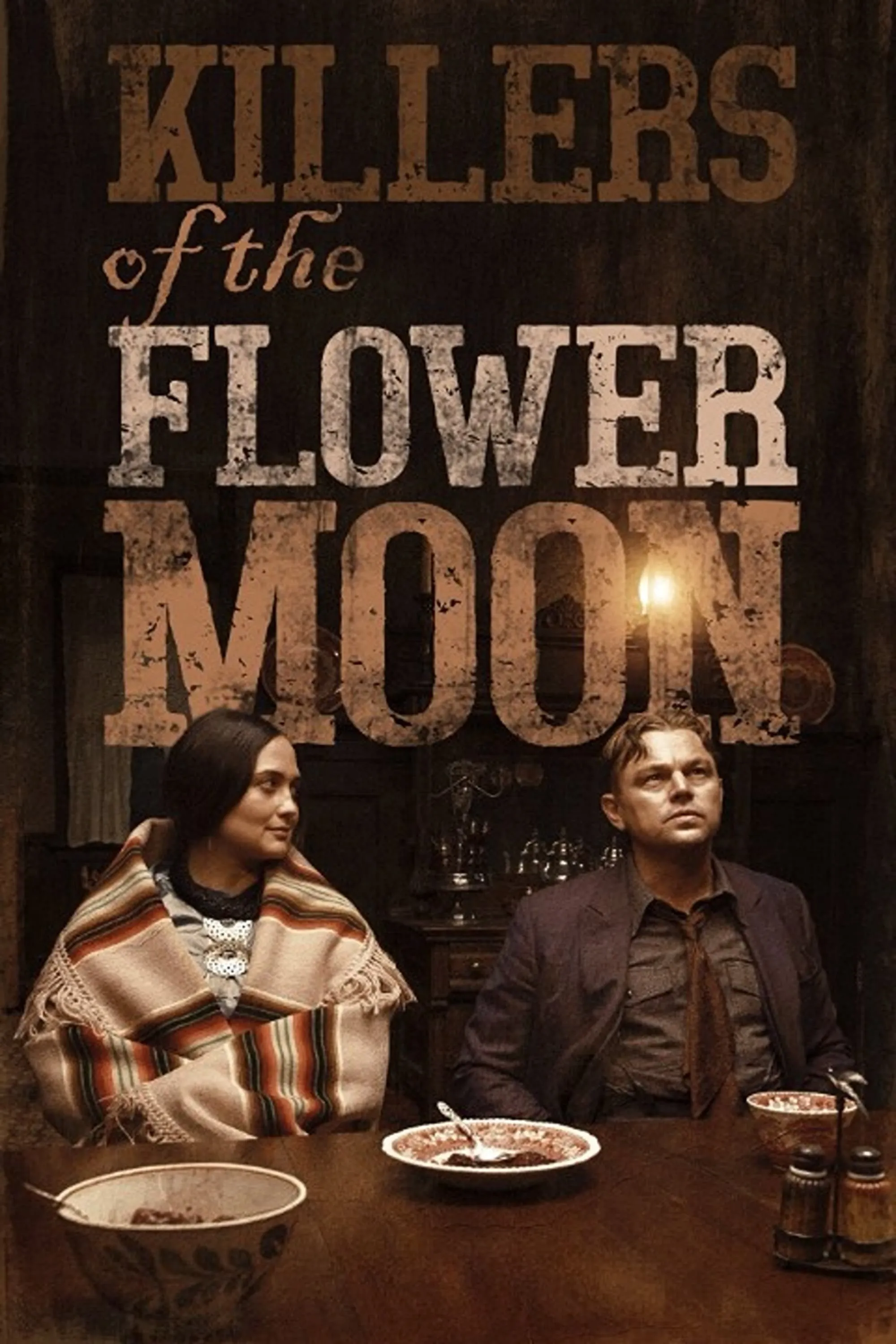Killers of the Flower Moon
I am not a devotee of Scorsese — I have seen many but not most of his films, and I like but do not love them — and so it is perhaps a little naive to describe this film in much the same way that I think of Fargo (Season 5): a conversation and eventual rejection of the tenets and lifeblood that constitute an artist's ouevre. I think the instant rejoinder this would trigger from Scorsese devotees is that his work has always remained critical and incisive of the lifestyle it depicts and in turns idolizes, which is fair! I just haven't seen enough of his work to know it.
This movie is a rich text, with a runtime that demands and rewards respect (though I will find it difficult to return to it — until, perhaps, I am better armed with Scorsese's back catalog.) More than anything, though, it is a primer on evil: the ability of dim, incompetent men to wreak havoc on people to great personal gain, and the extent to which that evil can serve as a through-line for America.
Everyone is correct about Lily Gladstone being a knock-dead revelation of an actress; I have nothing novel to add.
I will be thinking about the choice to end this film with artifice — an approach that I think correctly contextualizes the movie as a series of questions rather than a series of answers — for a long time. A deep and wonderful work.
★★★★★
